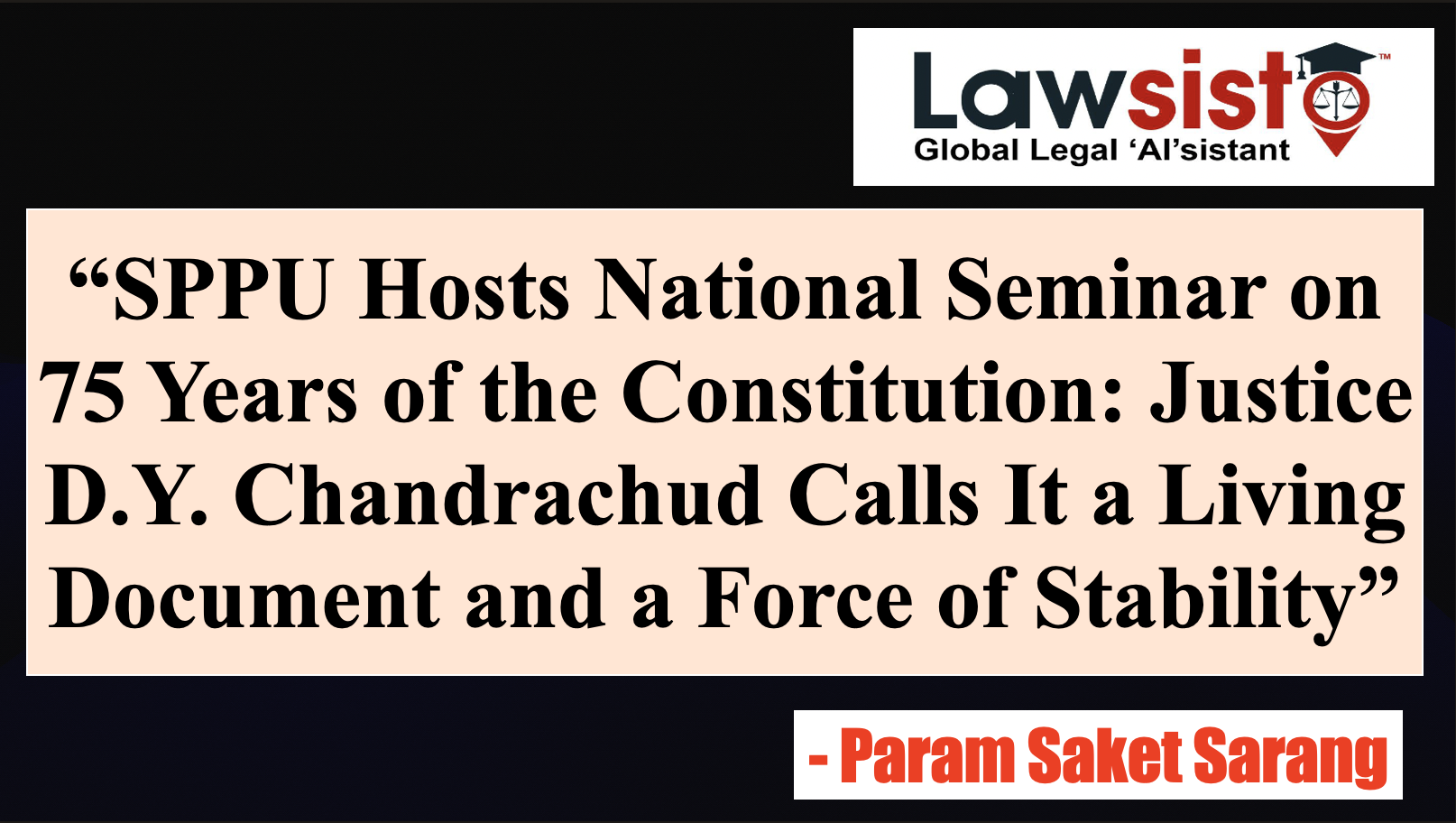Latest Articles
The Juvenile Justice (Care and Protection of Children) Act, 2015

The Juvenile Justice (Care and Protection of Children) Act, 2015
Juvenile is a child below the age of 18 years. A Juvenile Justice, obviously, is a very sensitive field to deal with because child rights are violated. The Juvenile Justice Act is related to children and law relating to the care and protection by providing their basic needs. By such an Act, we aim to adopt a child friendly approach in the adjudication and disposal of matters in the best interest of children.
There are certain fundamental principles laid down in the Act under Section 3 which is applicable to the Central Government, State Government, the Board and other agencies. The fundamental principles include:-
- Principle of presumption of innocence
- Principle of dignity and worth
- Principle of participation
- Principle of best interest
- Principle of family responsibility
- Principle of safety
- Positive measures
- Principle of non- stigmatizing semantics
- Principle of non-waiver of rights
- Principle of equality and non-discrimination
- Principle of right to privacy and confidentiality
- Principle of institutionalization as a last measure of resort
- Principle of repatriation and restoration
- Principle of fresh start
- Principle of diversion
- Principles of natural justice
There shall be one or more Juvenile Justice Board in every district. A Board shall consist of
- A Metropolitan Magistrate or Judicial Magistrate of First Class with at least three years of experience.
- Two social workers one of whom shall be a woman. They must have been actively involved in health, education, or welfare activities related to children for at least seven years or a practicing professional with a degree in child psychology, psychiatry, sociology or law.
A person who has been convicted of violation of human rights or child rights shall not be a member of the Board.
The functions of the Board includes:-
- To ensure the participation of the child and the parent or guardian through the entire process
- To ensure child rights are protected throughout the process
- To ensure availability of legal aid for the child
- To provide a translator if necessary. The translator shall be qualified and expertise to understand the language used by the child in the proceedings
- To direct the Probation Officer or Child Welfare Officer to undertake a social investigation
- To dispose the cases of children in conflict with law
- To dispose and pass a final order
- To order police to file FIR for offences committed against any child.
- To conduct inspection on adult jails to check if any child is lodged in such jails. If found, the child is to be immediately transferred.
- Any other functions as may be prescribed
After the receipt of the preliminary assessment under Section 15 from the Board, the Court shall decide whether there is a need for trial or not. The Court shall also ensure the final order with regard to the child.
The Juvenile Justice (Care and Protection of Children) Act, 2015, repealed the previous Act Juvenile Justice (Care and Protection of Children) Act, 2000.
















































































































































































































































































































































































































































